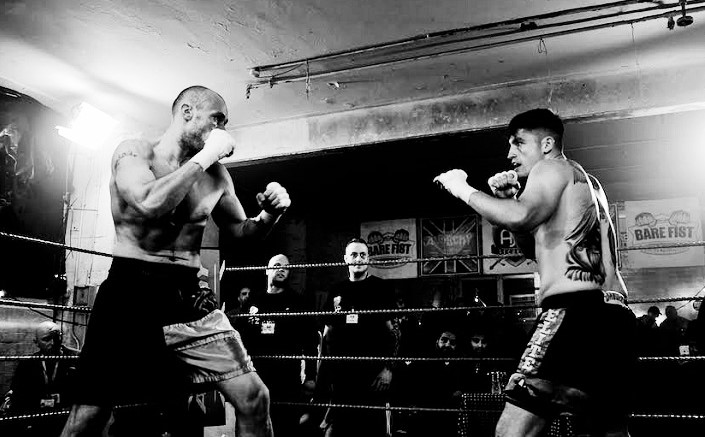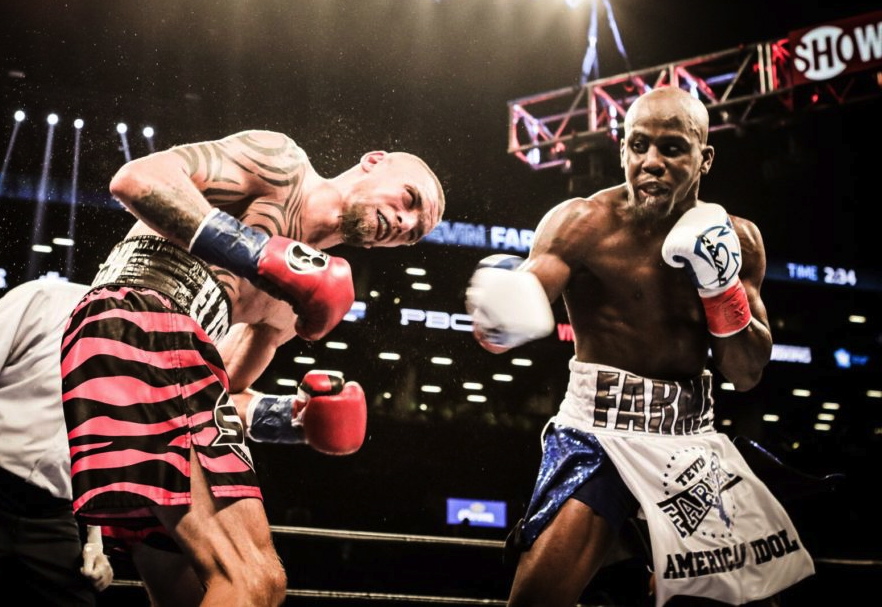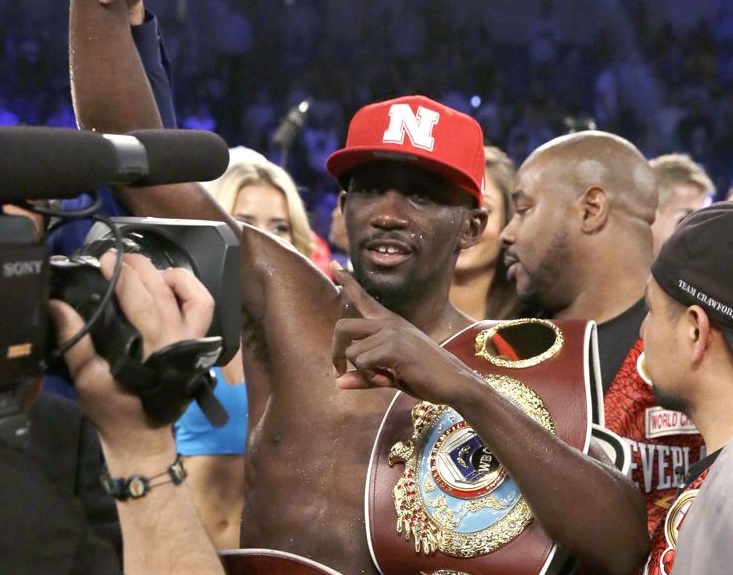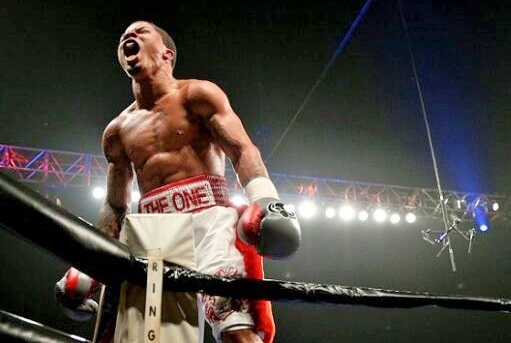Salvation In The Underground: BKB On The Rise
“Professional fighting is a paradox. It appears dangerous and yet it saves lives.”
So says Seamus Devlin, a bare-knuckle fighter based in northwest England. In the spirit of a true road warrior, he travels all over the British Isles for fights, titles and money, taking on opponents, gloves or no gloves. He’s won some, lost others. He’s fought in leisure centres, gyms, nightclubs and secret locations, endured last second cancellations and opponents looking to cheat him. Despite it all, Devlin is an advocate for ‘BKB’, one of the fasting growing sports in the UK. After all, it may have saved his life.
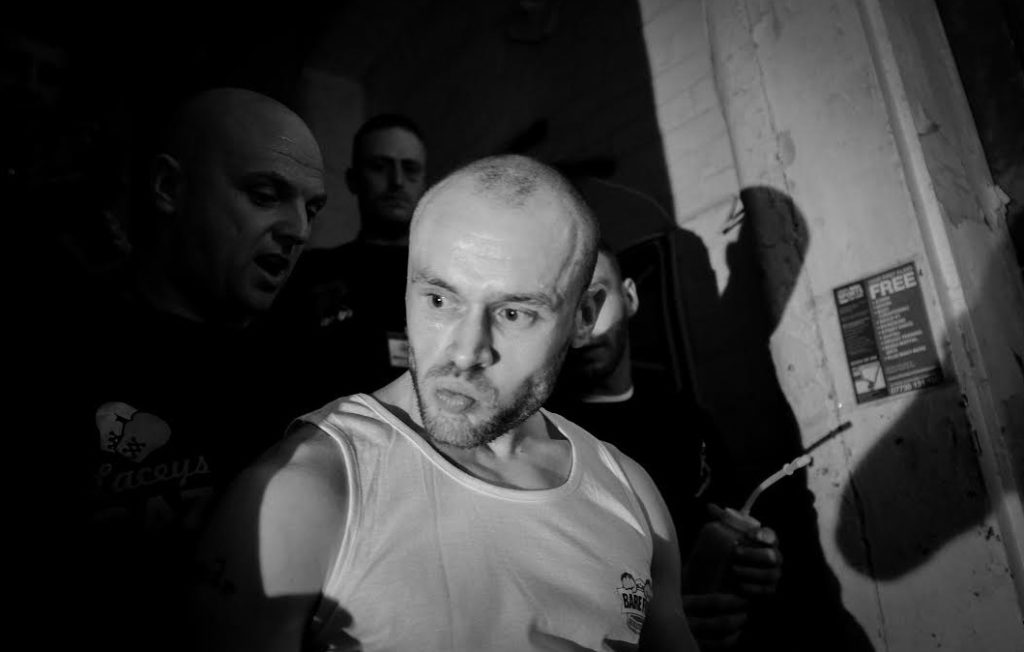
All over Britain, pugilism in its rawest form is surging back in popularity. After the introduction of Marquess Queensberry Rules way back in 1867, bare-knuckle boxing had been regarded as a more brutal form of combat compared to conventional boxing and had been forced underground. Clearly, the lack of leather and padding, not to mention official oversight, creates more risks for the participants. But Devlin offers a strong argument for why BKB is in fact less harmful than boxing, though clearly all combat sports are inherently risky.
“Brain damage and pugilist syndrome is less likely to happen in BKB,” argues Devlin. “Gloves absorb a lot of pressure, which means fighters take more clean shots, meaning more punishment. There’s definitely less sustained damage in BKB.”
The esteem bare-knuckle fighters carry for one another is evident online. They tend to openly interact and publicly respect each other and embrace attention over social media. BKB is not yet a sport for the mainstream or casual fight fan, but its rising popularity allows the unregulated bouts to take place on relatively large scales. In 2017, Wembley Arena held its first bare-knuckle event. Devlin points out that, contrary to popular belief, “It’s not a load of ruffians throwing cans around.”
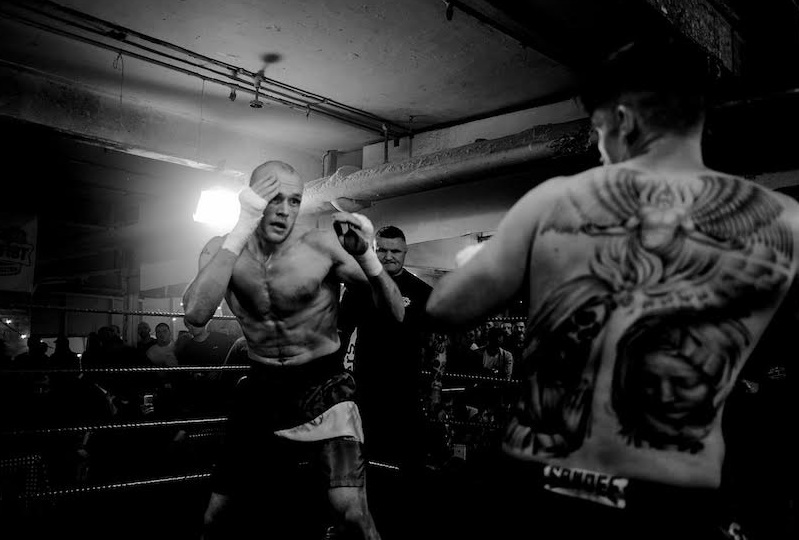
“It’s still a grey area. A lot of people switch off when they hear bare-knuckle. The word ‘barbaric’comes to their minds. But it’s not like that. Fighters are classy; they show a lot of humility despite it being a brutal sport.”
There’s also a strong sense of respect between fighters which is extended regardless of one’s record. Being active and competing are more important than staying in the win column. Fear of losing, or what some call “The Mayweather Syndrome,” is pervasive in mainstream professional boxing. Maybe if BKB drew cash in by the millions and sanctioning bodies and promoters dictated, things would be different. But fighters like Devlin value respect and honour over a clean record. Plus, an active fighter in BKB is more likely to receive exposure, get bigger fights and eventually earn more money.
“My debut was against someone who had 11 gloved fights and two bare-knuckle,” recalls Devlin. “I went the distance and lost by a point. I was never put off because it’s all about learning. From there I went into the unlicensed boxing game as well, and won the super-middleweight UBBF title for Greater Manchester.”

Devlin is now getting onto big cards across the country, and he can thank his talent for that. But his enthusiasm and loyalty to BKB is largely because this unforgiving sport was his unlikely saviour. Like many fighters, boxing has offered him solace through dark times. It is his six brothers who have inspired him, including Adam, who was systematically bullied as a child.
“I see those bullies every time I get in the ring,” says Seamus. Not only that, but Devlin lost his father to cancer seven years ago. The aftermath of dealing with that loss led to a downward spiral.
“I was 28 and managing to hold down a job but then I got addicted to cocaine. Soon I was down and out. I’d lost everything. I was gonna move back to Ireland as I’ve got family there. Just by chance, I went round to my mate’s who was fixing his computer. When he turned it back on, my Facebook was still logged in. I noticed Shaun Smith’s face on my wall – ‘the UK’s scariest debt collector’ – and he was looking for bare-knuckle fighters, so I got in touch. He said ‘if you come to the gym and prove yourself, we’ll see how you get on and get you fights.'”
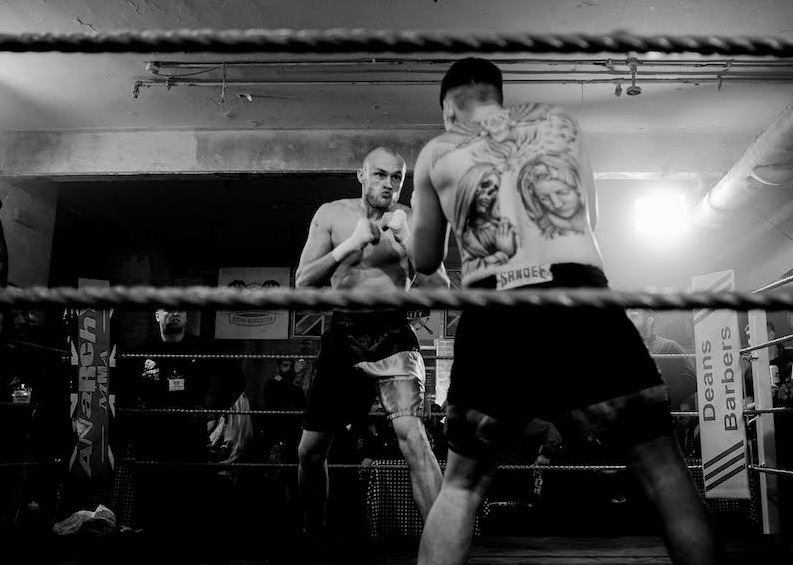
A self-confident man, Devlin has pressed forward with his radical career and lifestyle change. His energy has been channeled into days in the gym, and his spare time is spent studying fight videos. After discussing a recent Donald McRae interview with Eamonn Magee, Devlin told me: “I’m a boxing historian. I’m fanatical and always have been. I love the sport. I watch archive footage of people like Alexis Arguello, Roberto Duran, Aaron Pryor, prime fighters from the 60s through to the 80s.”
Devlin has a boxer’s brain but he hasn’t always used it. Only recently has he sharpened his tools and learned to fight with discipline. “I’ve always been a handy lad, but I couldn’t skip for shit at the beginning. The whole process has required a lot of patience. But I enjoy it. The sport’s become an outlet for me and given me a purpose, a direction.”
“I’m a natural counter-fighter, I like to go on the back foot and pick my shots. I used to overthink in the ring, which made me shy and tentative. I didn’t go forward enough, and that affects you on the scorecards.”
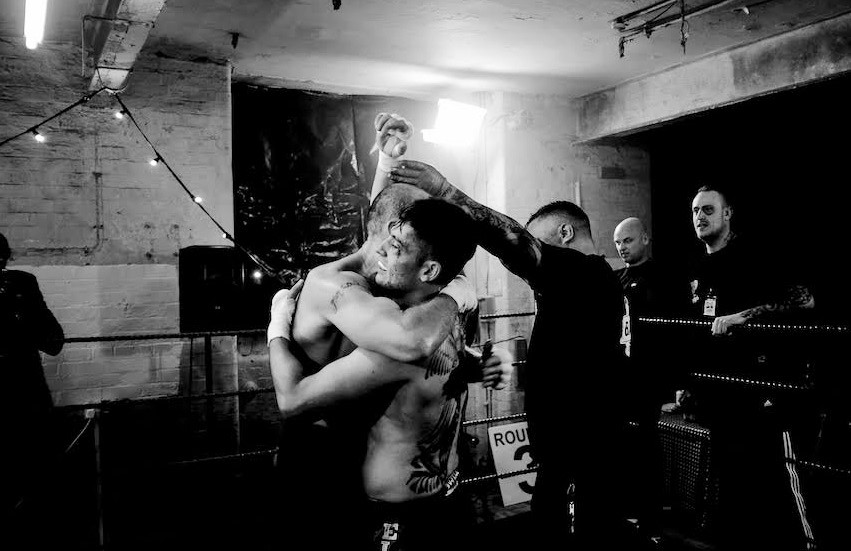
Devlin needed a coach to offer him guidance. Early in his career, he was travelling around the country and fighting regularly, but without anyone in his corner. Last year Devlin met trainer Baz Neil, who has become his mentor and ‘guardian angel.’
“He taught me footwork for hours every day, up to the point where I was pissed off with him. He made my body go through uncomfortable situations, but that’s what real training is.”
Neil recognizes Devlin’s passion and hard work, in and out of the ring. He recently posted on social media: “Just over 14 months ago this guy walked through my gym doors, with little boxing experience taking fights well out of his depth. Within this short period of time the change not only in his boxing but his mindset speaks volumes. This guy, hand on heart, trains like a machine: literally blood, sweat and tears.”
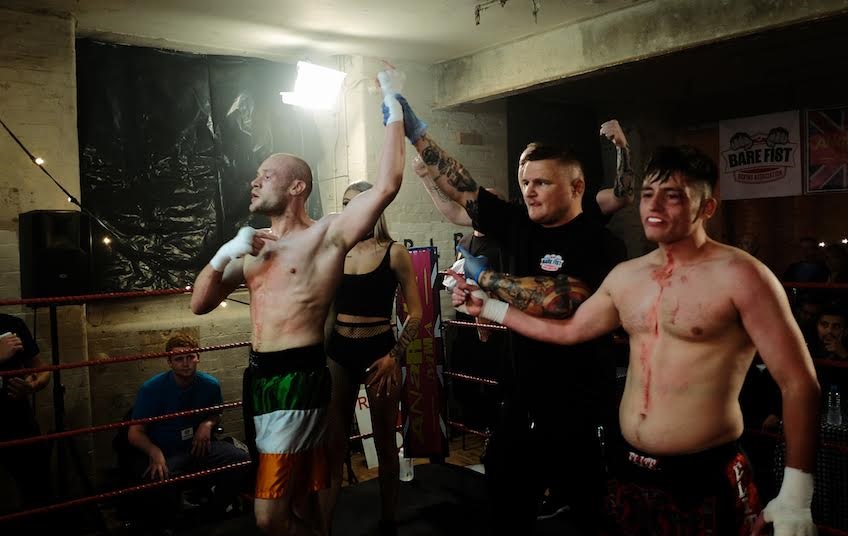
Devlin is now becoming a recognized name in the sport after starting only 18 months ago, and at the same time Neil’s profile as a proficient trainer and talented promoter continues to rise as well.
Will BKB’s popularity ever equal that of boxing? I doubt it. But it deserves its recognition as a salvation sport for many. Local councils, who often hinder events, should enforce regulations, health checks and financial security for fighters. Only then can people like Devlin fully emerge from the underground and let the wider public decide if the sport deserves greater recognition and support. — Sherif Dhaimish
Photos by Keith Vaughton

